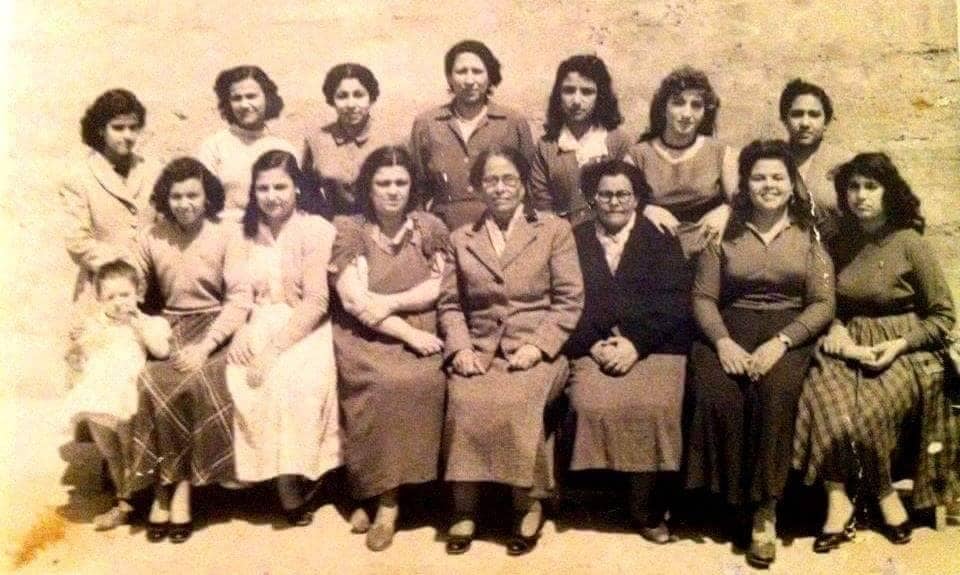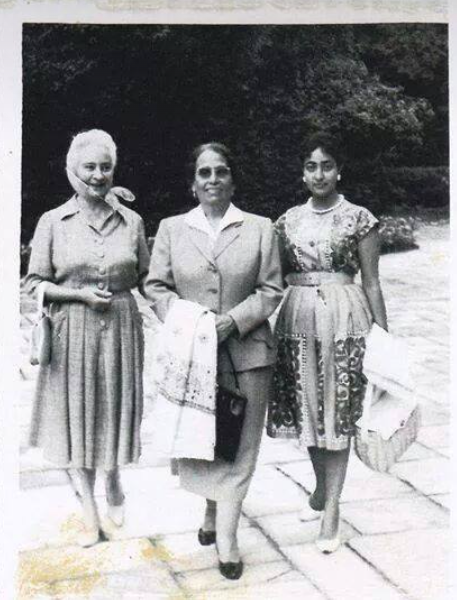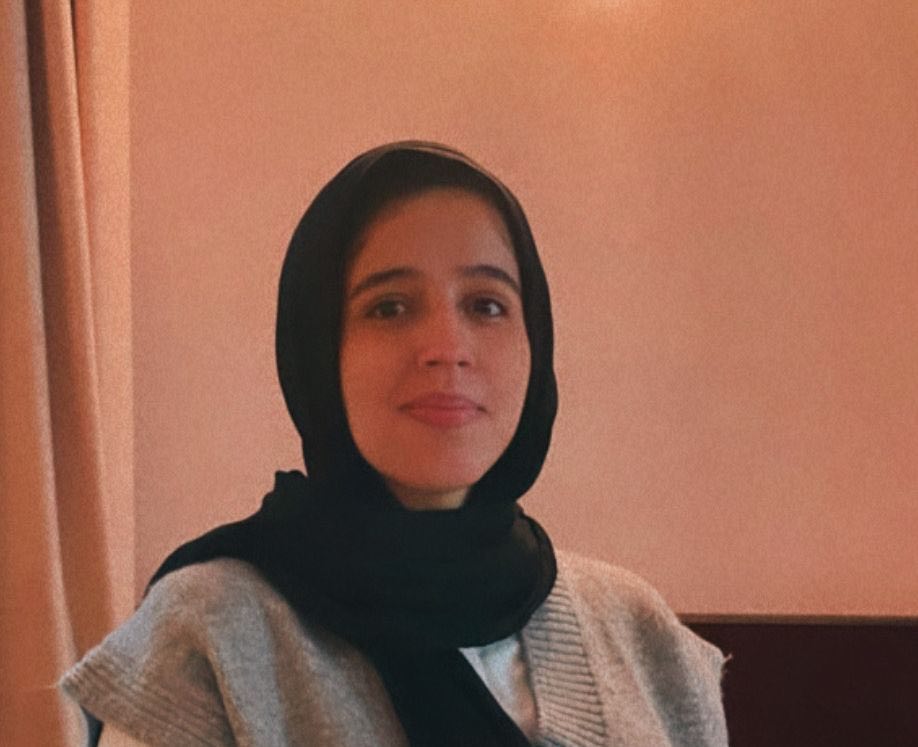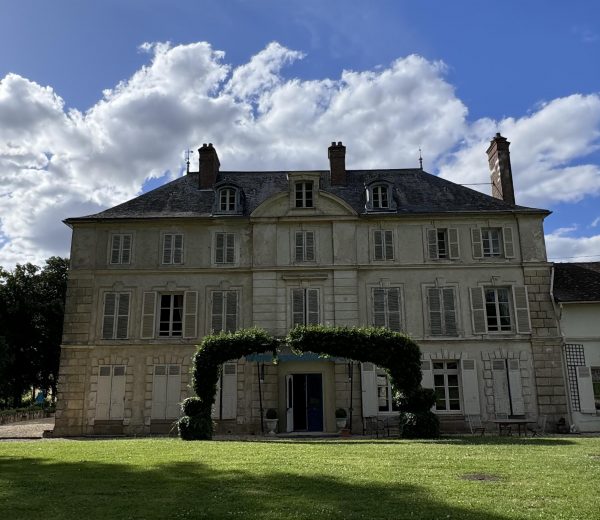In former articles, I shared many pieces highlighting influential people who shaped education and the educational system in Libya. Among many highlighted between past and present, I mentioned Mrs. Hamida Al-Enezi, one of Benghazi’s earliest female teachers and pioneers of the women’s movement. Mrs. Hamida was an educator and a prominent activist born in Benghazi in 1892 under Hamida Mohammed Tarkhan. After marrying into her husband’s family, she gained recognition and fame among them. In 1911, she was sent to Istanbul to study at the Teachers’ Institute, where she immersed herself in both Turkish and French languages. Her dedication and hard work earned her a scholarship to study in France, but her father refused to allow her to go. Despite this, Hamida continued to pursue her education and achieve her goals.

Source: Facebook
In 1915, Mrs. Hamida returned to Benghazi after achieving outstanding academic success. She had earned a teacher’s diploma and a Rashidiya certificate in Intermediate Education, both with distinction. At that time, Italian colonialism had shut down Turkish and foreign schools and replaced them with a school for Italian children, which also had a class for Libyan children. It was in 1917 that Mrs. Hamida decided to open her own school in Benghazi. Her school was unique in that it not only focused on teaching the principles of reading, writing, recitation, and memorizing the Holy Quran, but it also offered instruction on knitting and embroidery.
Empowering Her Community Through Education
Mrs. Hamida’s dedication and passion for education did not go unnoticed, and she soon became a primary school teacher in Benghazi. Her hard work and commitment paid off when she became the first female director of girls’ schools in the city, a remarkable achievement for a woman in that time and place.
In 1954, she played a crucial role in establishing the Women’s Renaissance Association, which aimed to empower and uplift women in the Benghazi community. The organization focused on promoting charitable activities and collecting donations to support low-income families, providing them with essential resources such as food and clothing.
In addition, she was a passionate advocate for young girls’ education and contributed to their training in practical skills such as knitting and home economics management. She also encouraged them to engage in cultural activities, such as singing, dancing, and art, to enhance their creativity and self-expression.

Furthermore, she was instrumental in establishing the Scout Guides Movement in 1960, which aimed at instilling leadership and teamwork skills in young boys and girls. Through this program, she helped foster a sense of community and camaraderie among the youth, encouraging them to work together and support each other. Her tireless efforts and dedication to her community made her a beloved figure in Benghazi, where women of all ages held her in high regard. She was known for her kindness, generosity, and selflessness, and her contributions to the community continue to impact lives to this day. She passed away in 1982 but left a legacy of compassion, empathy, and dedication to service.









